Celebrating the day when the love of an interracial couple conquered centuries of hate
- Share via
The 49th anniversary of the landmark U.S. Supreme Court decision that struck down laws banning interracial marriage is this weekend.
In 1958, when Mildred Jeter and Richard Loving wanted to marry, their union was illegal. Mildred was black and Native American, and her childhood sweetheart, Richard, was white.
Since they couldn’t marry in their home state of Virginia, they went to the District of Columbia and were wed on June 2, 1958. (California had repealed its anti-miscegenation law in 1948.)
Back in Virginia, they were convicted and sentenced to a year in jail for the “crime” of marrying outside their races – unless they agreed leave the state and not return for 25 years.
With the help of the ACLU, they challenged the law and in 1967 the court in Loving vs. Virginia ruled unanimously that state bans on interracial marriage were unconstitutional.
SHARE: What's your Loving Day story? »
About 13 years ago, Loving Day, a celebration of that landmark decision, grew out of a graduate thesis project by graphic designer Ken Tanabe.
In honor of the anniversary of Loving vs. Virginia, we have been inviting readers to share their stories through the month of June.
Here’s a selection:
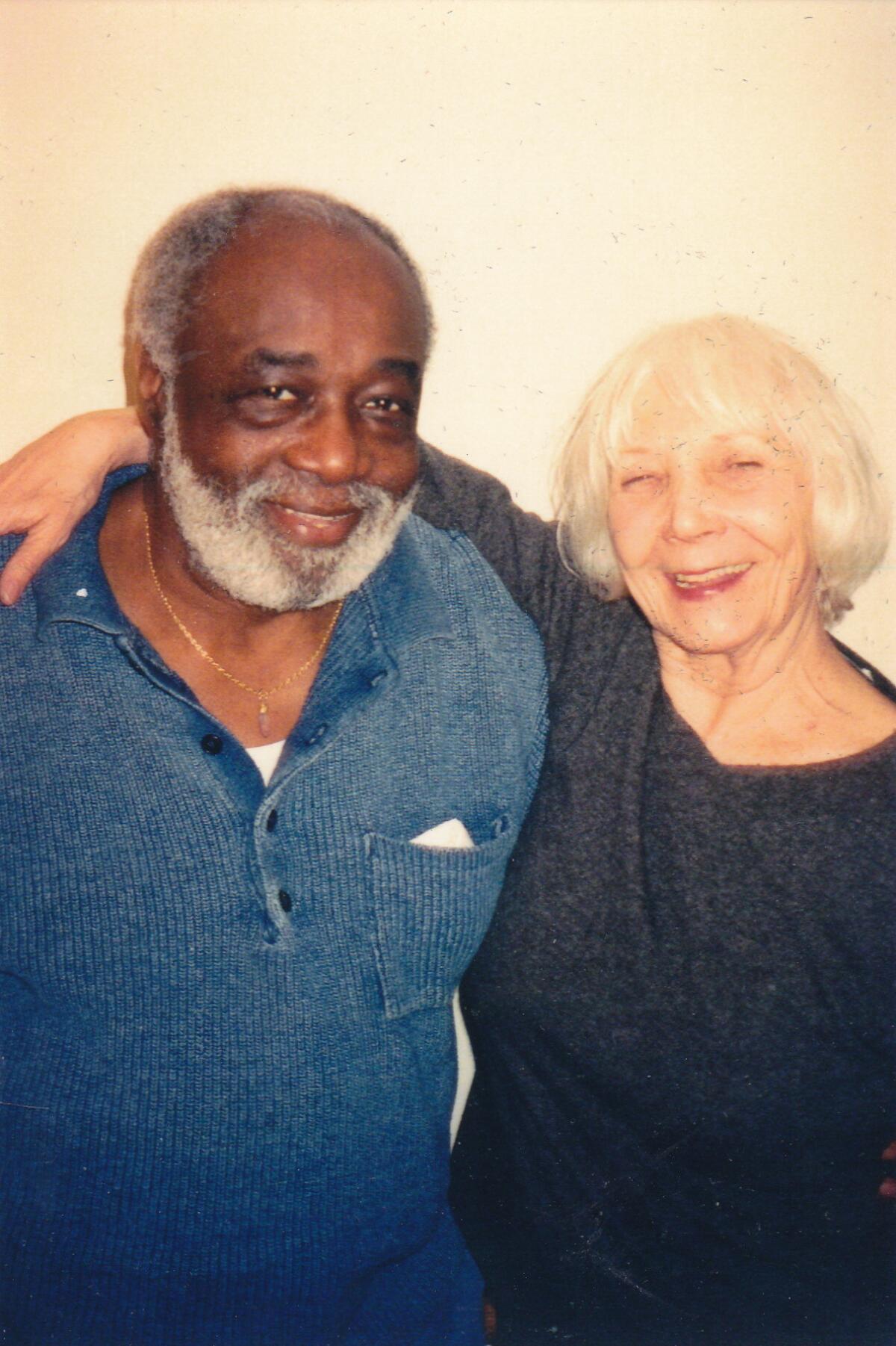
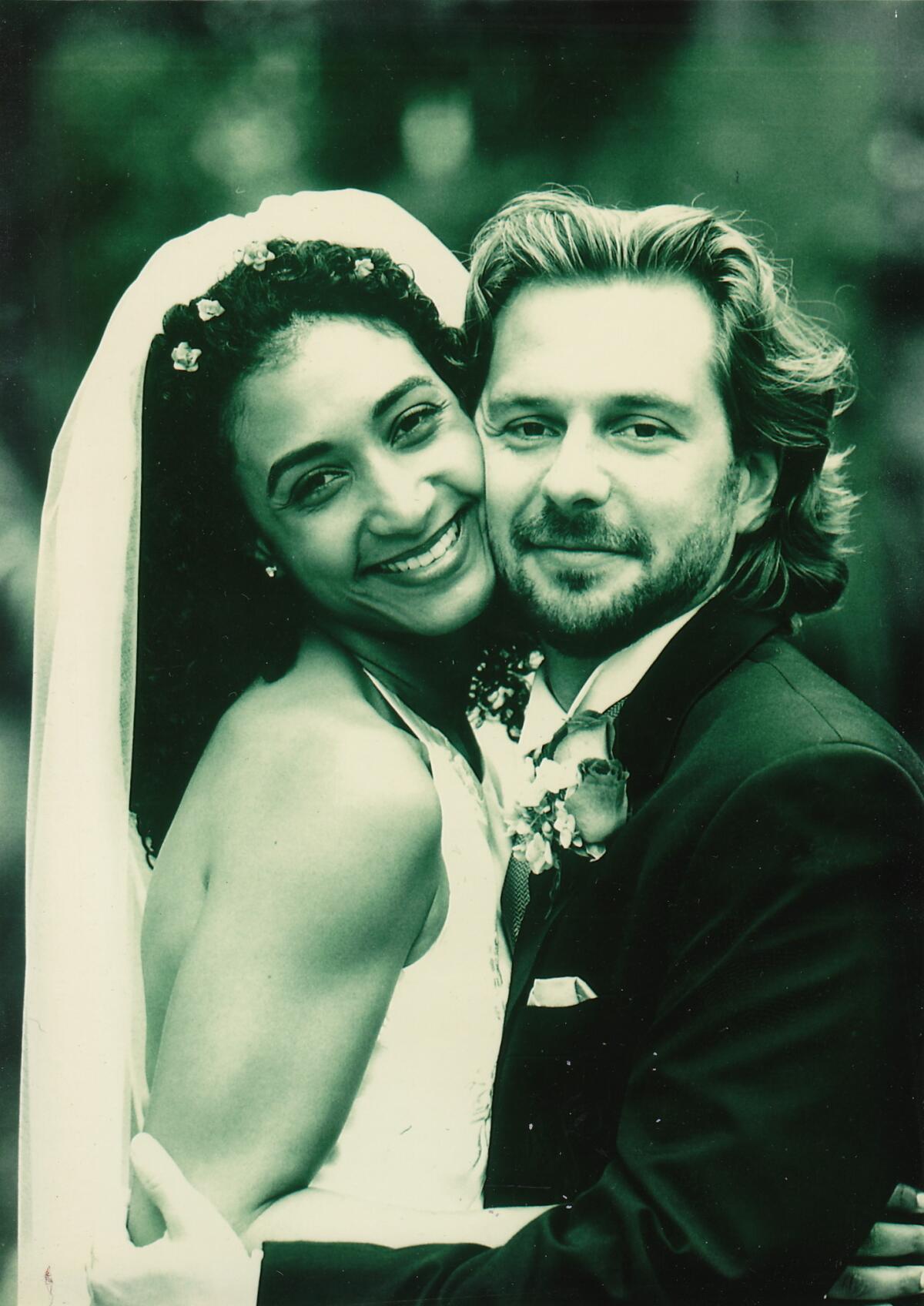
Bellina Logan of Los Angeles is an actress who has performed a one-woman show called “Conversations With a Mulatto Love Child.”
My mother is very white, very blonde, very blue eyed and very British. Imagine Maggie Smith. Now, imagine Maggie Smith getting together with Shaft – and you get me.
My mom and dad met doing a play in Los Angeles and started a wild, passionate affair. She was posh and lived in Bel Air. He was an arts dude living in Hollywood helping kids get off the streets in Watts and into theater. They kept their affair secret for a while but slowly but surely walked around on the streets of L.A. holding hands (and their breath).
My mom happily became pregnant.
She kept the pregnancy a secret from most people – some were supportive, and others thought she was crazy to go ahead with it.
Fast forward to now. My husband just happens to be white. We saw that HBO documentary on the Lovings a few years ago. Our daughter is almost 13, and it blows her mind that we could have gone to jail for something as simple as getting married.
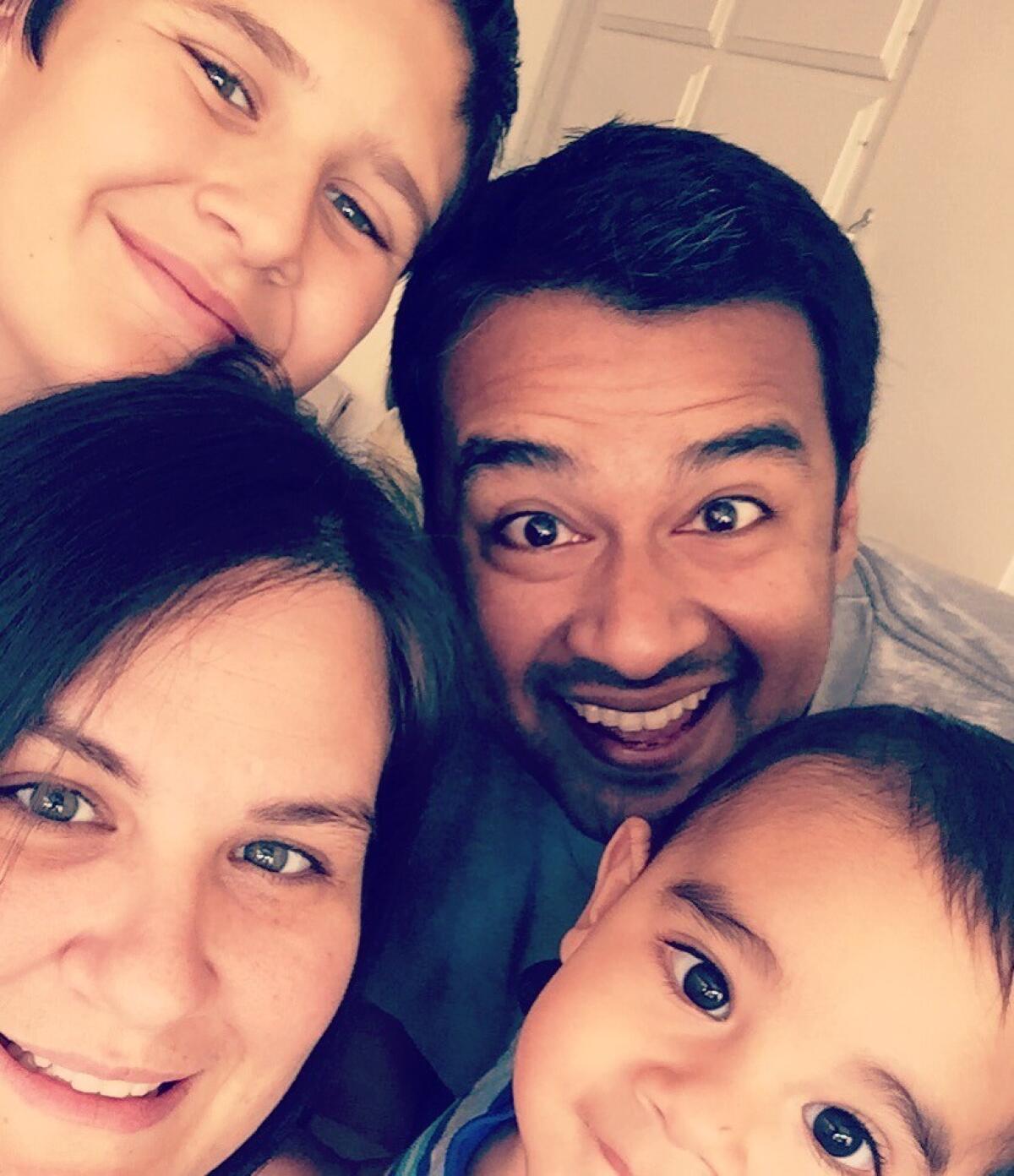
Cara Hulett of Cypress, with husband Anhad Singh and sons Andrew and Aiden.
Growing up in Southern California, I was used to witnessing much prejudice. So when I met my husband eight years ago, I was a little nervous to introduce him to my dad.
My husband grew up in India and moved here when he was 10. He explained to me that his family still practiced arranged marriages and they would never accept his decision to love me.
The rejection was immediate with his family. My family surprised me and was very supportive of our relationship. It hasn't been easy. We've fought with his family, we've fought with each other, and we've braved public scrutiny. People like to think their racism or prejudice will break us but it has made is stronger.
Love doesn't know prejudice or skin color. Love doesn't know race or religion. Our hearts are the same, and that's where our love is born and grown.
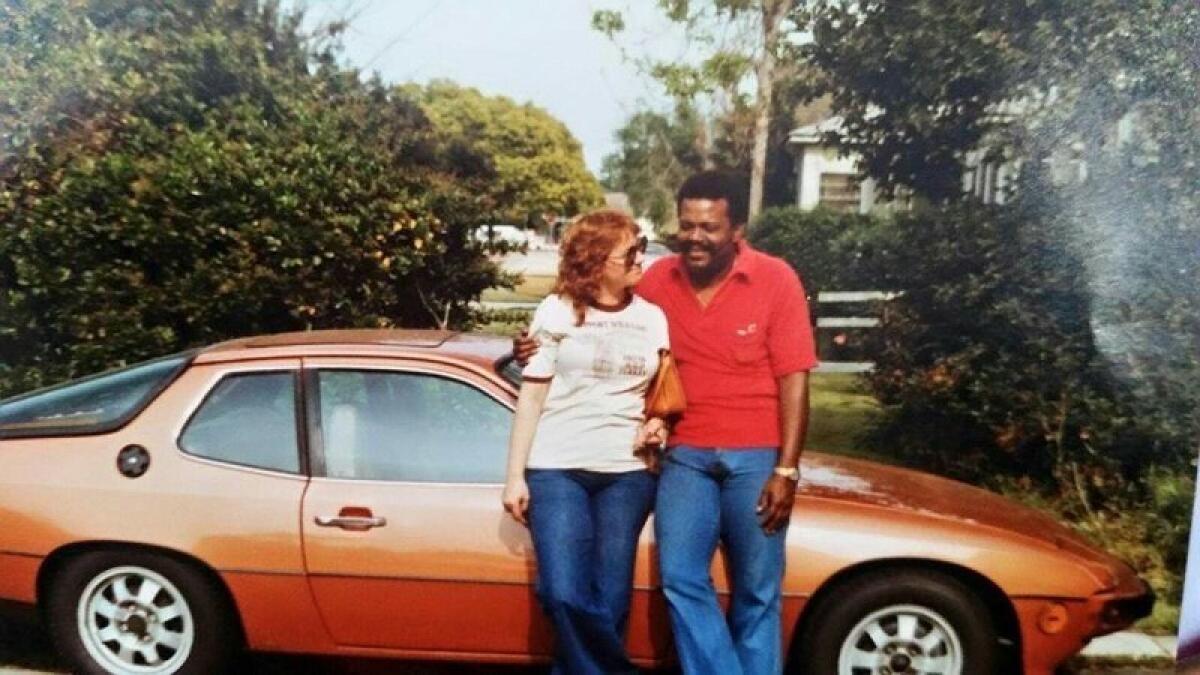
Dana Douglas of Venice
When I was growing up, my mother and father would sometimes take us to neighborhoods far from the “white-picket fence” community in which we lived just to see, in her words, “beautiful” people who did not look like us with their (usually) darker skin and curlier hair and other differences.
I was amazed at her surprise when I brought home a man who embodied the differences she taught me to find beautiful and announced just a few weeks later that we would marry.
And we did in 1972.
But that is not to say that no one expressed disapproval . We caught people’s expressions when they thought we weren’t looking and there were statements muttered under the breath of some close enough for us to hear . But our experience was nothing like what the Lovings experienced.
I have always believed that my mixed children would have the opportunity to enjoy the best of all worlds — black, white and now, the mixed world that is the legacy of Loving.
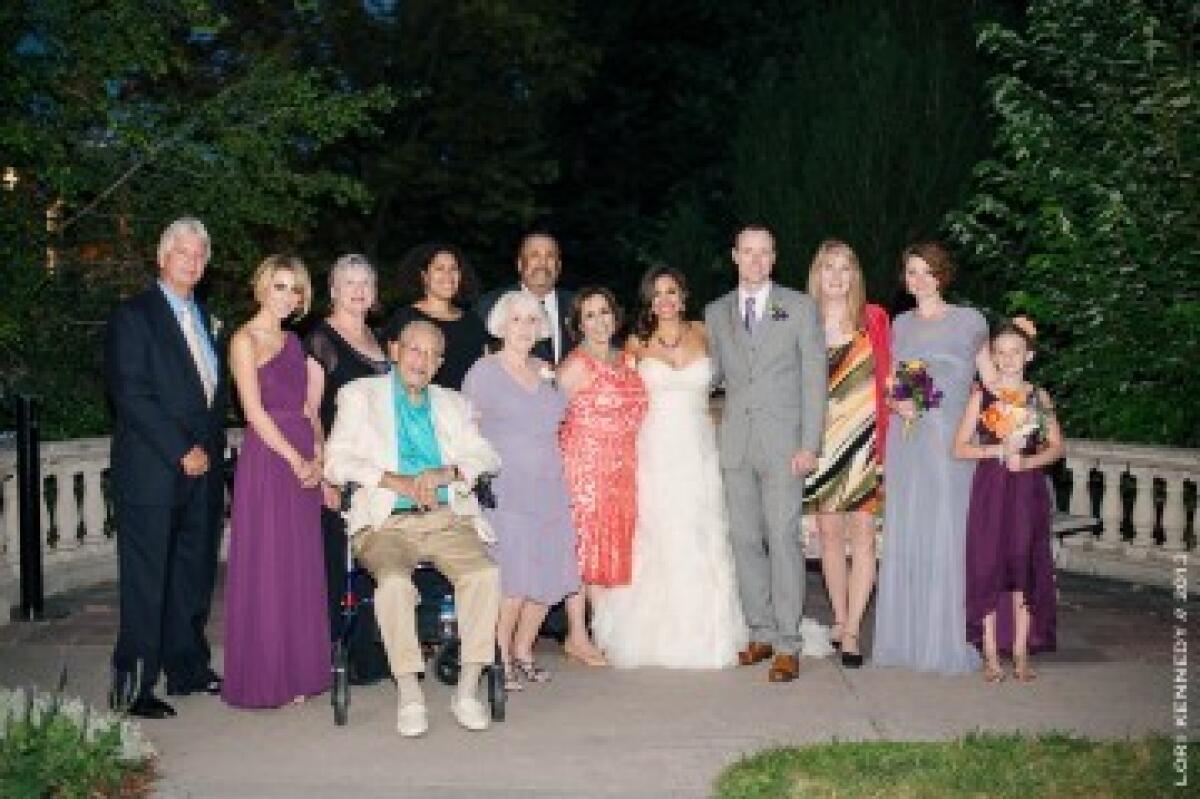
Rachel Truman Jennings
I believe this photo of our family on mine and my husband’s wedding day speaks for itself — this family is because of Loving [vs. Virginia], and simply because of love.
My father, a black man from Detroit, and my mother, a white, Jewish woman from the San Fernando Valley, met and fell in love in Los Angeles in the 1970s. Every day, I am forever grateful for the love my Nana and Papa had for their own daughter that allowed them to love and respect the man she chose to marry. It afforded me a childhood filled with the symbols of our blended cultures, and also the privilege of being unbound by stereotype or hate.
As a married adult, I have even more gratitude for the love of my in-laws, whose open hearts and minds have welcomed me into their family and traditions without question. I am now a frequent participant in their Iowa home town’s Dutch festival parade — decked out in full Dutch costume and a sense of belonging.
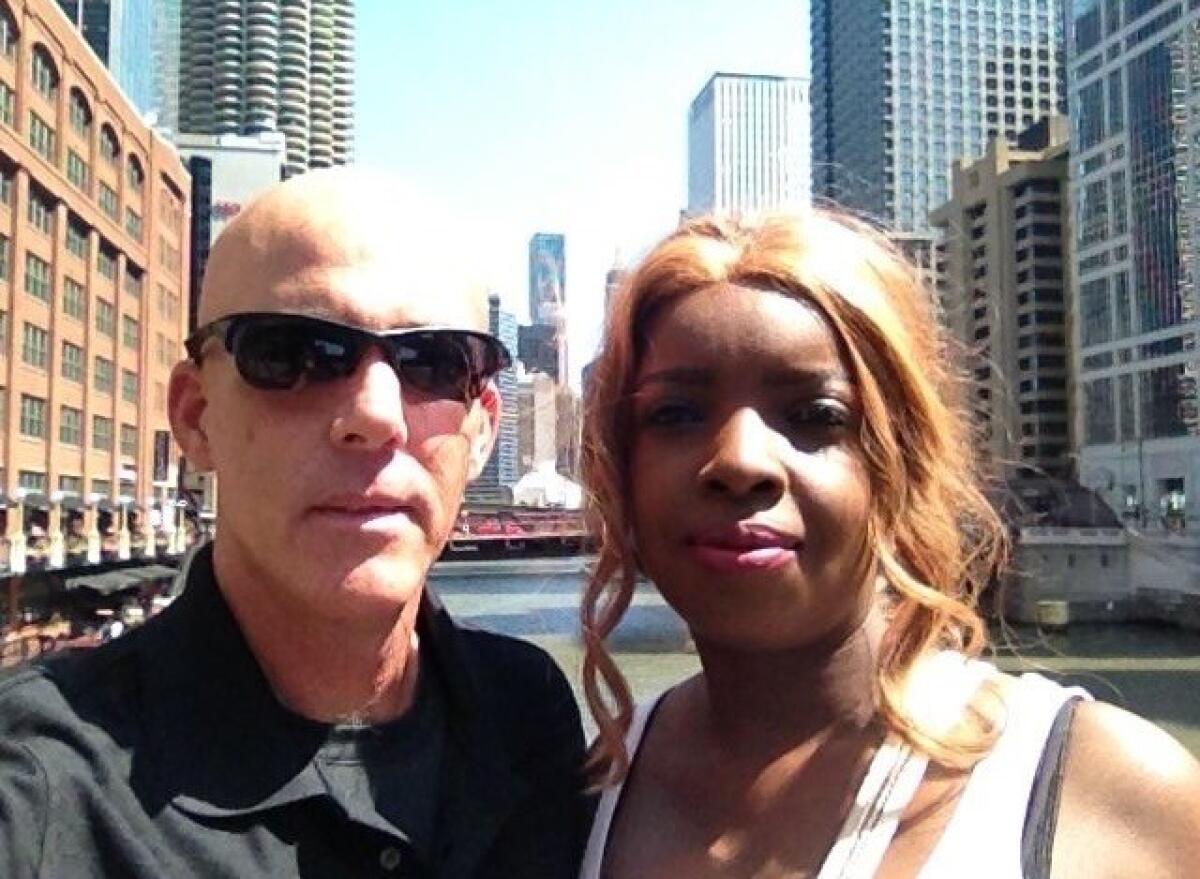
Dan Bernstein of Coolidge, Ariz.
Arizona 1987. It might as well had been the 1950s. Me, from N.Y. and Marie from Arizona, where the African American population was maybe 1.5 percent. We dated and set our hearts to one another. Heard from co-workers that we were wrong and “what happens if you have children.”
Twenty-seven years later, we are still here for one another and have been happy and proud grandparents. The Lovings had to suffer for what their hearts told them to do. We have moved into a slightly more understanding society; however, no love nor any relationship will endure without the love and understanding you have for each other.
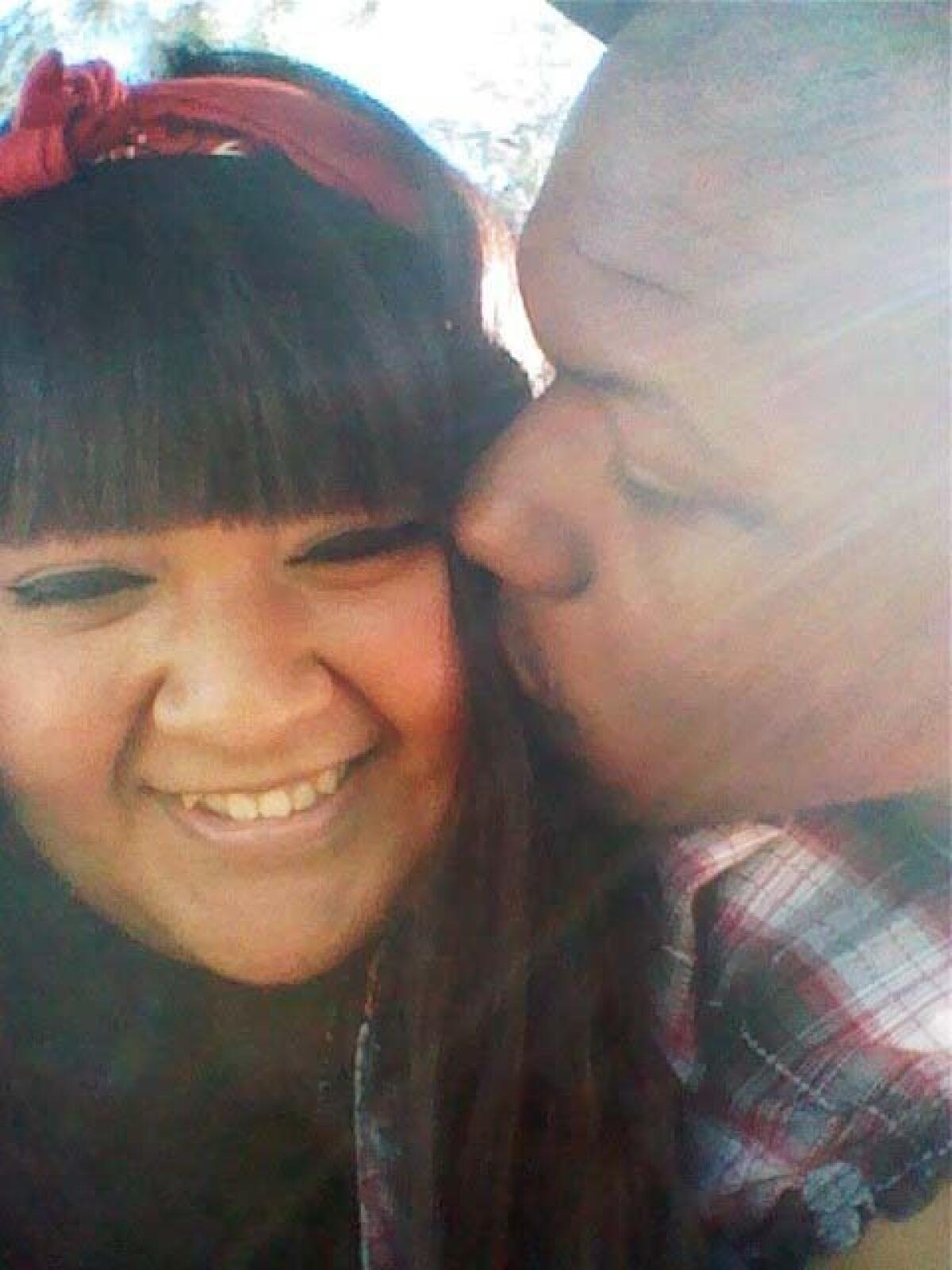
Diana Ortega of Van Nuys
Usually people ask me if my family is OK with my fiancé being black, or my parents ask if his family is OK with me being Mexican. I cannot understand why it is such a problem, but I know generations before me were different.
The fact that me and my fiancé can blend both our families and our cultures makes me feel so happy, because I know that our future kids will be a part of something great. They will be part of two amazing worlds, two amazing cultures and two amazing heritages. Thank you to the Lovings for standing up for love.
We'd love to hear your story too. You can share what being part of an interracial marriage or multicultural family has meant for you, on Instagram or Medium using the #myLovingDay hashtag. More reader stories at latimes.com/loving.
Tell me your story: @mmaltaisLA
Sign up for Essential California
The most important California stories and recommendations in your inbox every morning.
You may occasionally receive promotional content from the Los Angeles Times.








